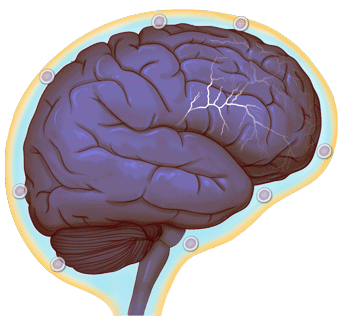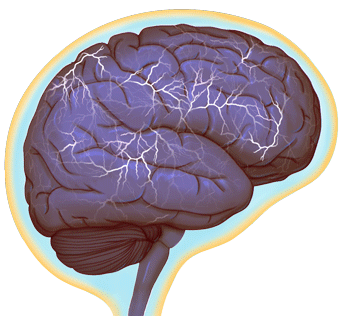
 University of Virginia School of Medicine researchers have determined that the immune system directly affects and even controls, creatures’ social behavior, such as their desire to interact with others. So could immune system problems contribute to an inability to have normal social interactions? The answer appears to be yes, and could have great implications for neurological conditions eg autism-spectrum disorders and schizophrenia.
University of Virginia School of Medicine researchers have determined that the immune system directly affects and even controls, creatures’ social behavior, such as their desire to interact with others. So could immune system problems contribute to an inability to have normal social interactions? The answer appears to be yes, and could have great implications for neurological conditions eg autism-spectrum disorders and schizophrenia.
“The brain and the adaptive immune system were thought to be isolated from each other, and any immune activity in the brain was perceived as sign of a pathology. And now, not only are we showing that they are closely interacting, but some of our behavior traits might have evolved because of our immune response to pathogens,” explained Jonathan Kipnis, PhD...
Read More









Recent Comments